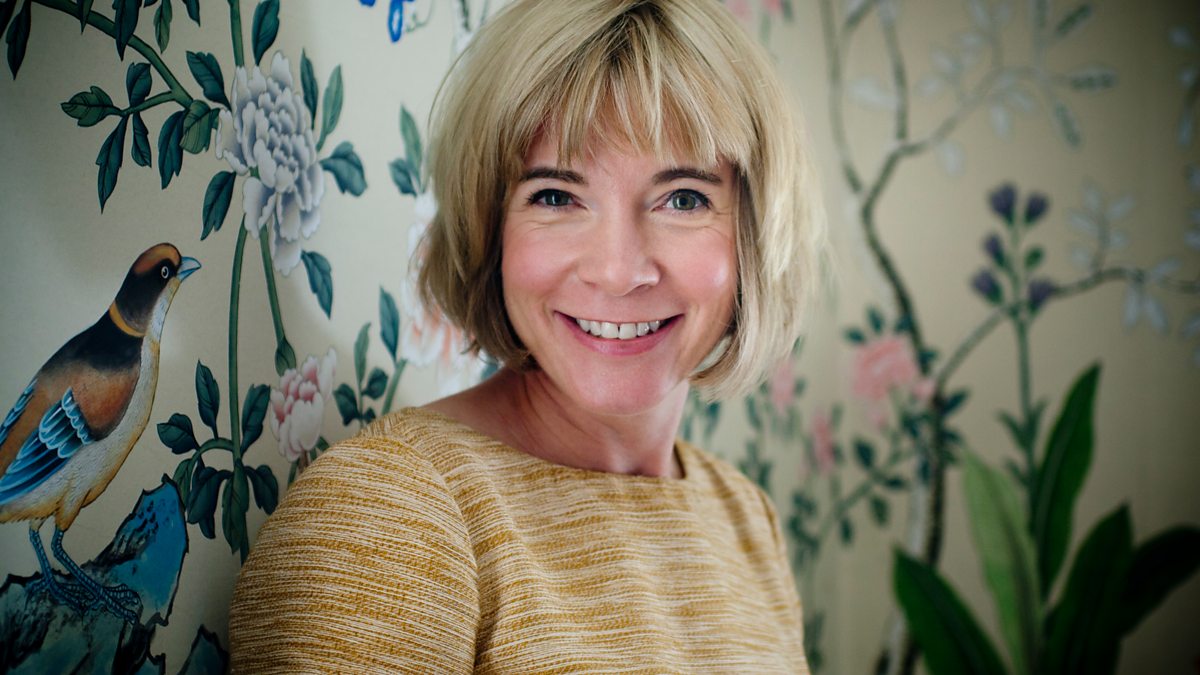Our screens and stages are full of Tudor and Stewart shenanigans but the rise of modern Britain is surely Hanoverian and 18th/19th Century history. The age of Empire is surely due public dissection and debate in our media and entertainments; it is when all the interesting stuff happened, and when this nation earned a reputation for imperial violence as well as some good works.
The Madness of King George is a noted exception; or am i failing to recall plays, films, books &c?
The Madness of King George is a noted exception; or am i failing to recall plays, films, books &c?



Comment